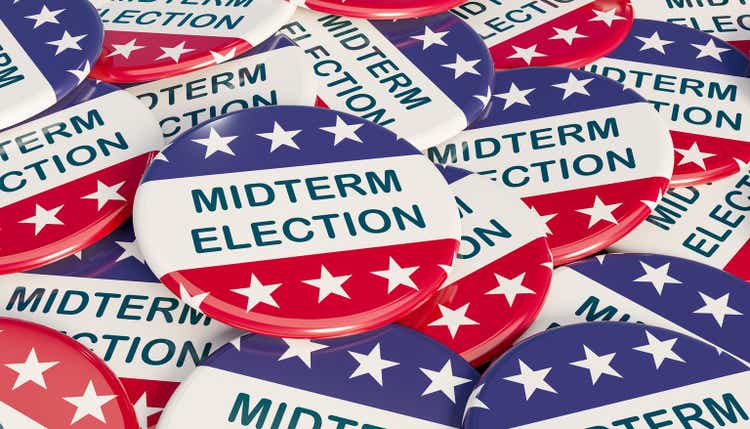This article was written by
James Picerno is the director of analytics at The Milwaukee Co., a wealth manager that is the adviser to The Brinsmere Funds, a pair of global asset allocation ETFs. He also edits CapitalSpectator.com and The US Business Cycle Research Report (CapitalSpectator.com/premium-research). He is the author of three books, including "Quantitative Investment Portfolio Analytics In R: An Introduction To R For Modeling Portfolio Risk and Return." Previously he was a financial journalist at Bloomberg and before that at Dow Jones.
